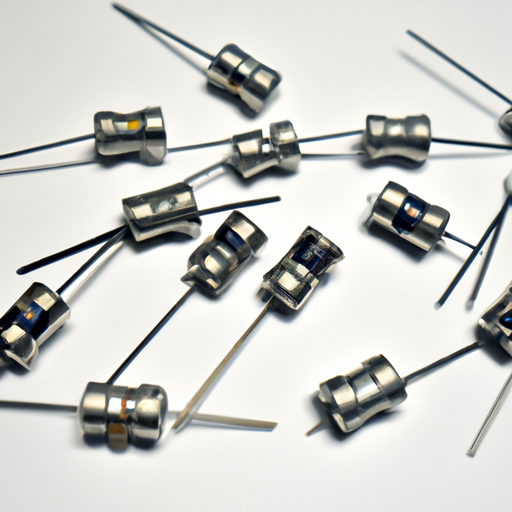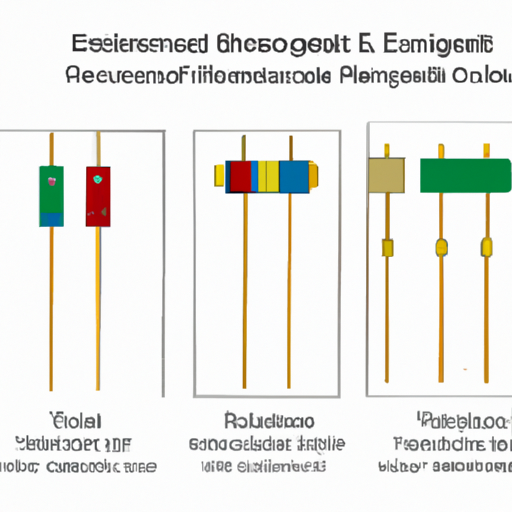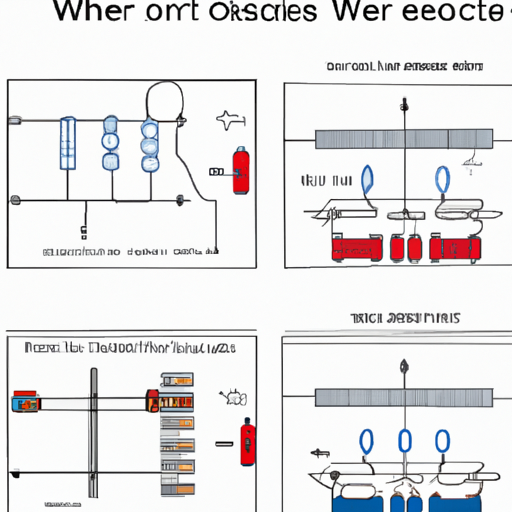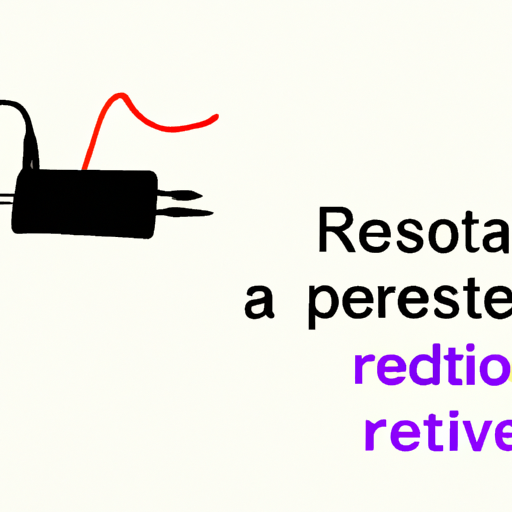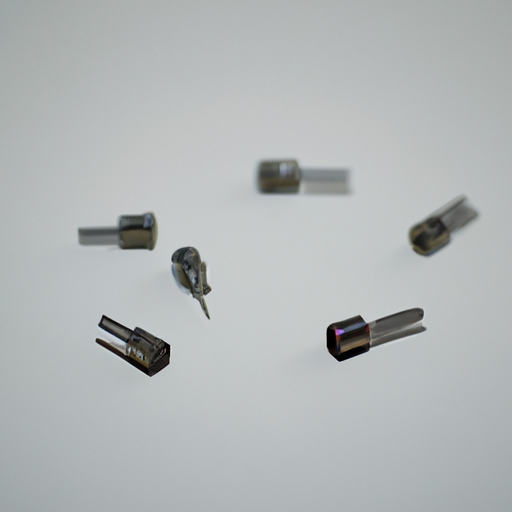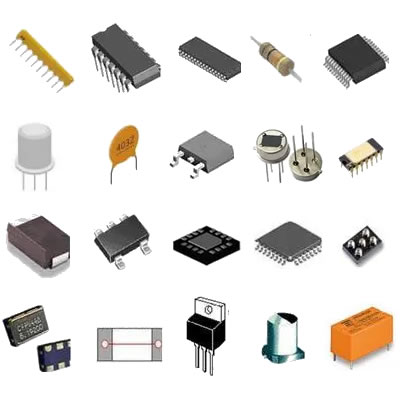What kind of product is a fuse resistor?
What Kind of Product is a Fuse Resistor?
I. Introduction
In the world of electronics, safety and reliability are paramount. One component that plays a crucial role in ensuring these qualities is the fuse resistor. This unique product combines the functionalities of a fuse and a resistor, providing both overcurrent protection and resistance in a single package. In this article, we will explore what fuse resistors are, how they work, their various types, applications, advantages, limitations, and future trends in technology.
II. Understanding Fuse Resistors
A. What is a Fuse Resistor?
A fuse resistor is an electronic component that integrates the properties of a fuse and a resistor. Essentially, it serves two primary functions: it limits the flow of electrical current and protects circuits from overcurrent conditions. When the current exceeds a predetermined level, the fuse element within the resistor will blow, interrupting the circuit and preventing damage to other components.
B. How Fuse Resistors Work
1. Electrical Resistance
The primary function of a fuse resistor is to provide a specific level of electrical resistance. This resistance is crucial for controlling the amount of current that flows through a circuit. By selecting a fuse resistor with the appropriate resistance value, engineers can design circuits that operate safely and efficiently.
2. Overcurrent Protection Mechanism
The overcurrent protection mechanism is what sets fuse resistors apart from standard resistors. When the current flowing through the fuse resistor exceeds its rated limit, the fuse element heats up due to the increased current. If the current remains high for a sufficient duration, the fuse element will melt, breaking the circuit and preventing further current flow. This action protects sensitive components from damage due to excessive current.
III. Types of Fuse Resistors
A. Different Variants of Fuse Resistors
Fuse resistors come in various forms to suit different applications. The two primary types are:
1. Surface Mount Fuse Resistors
Surface mount fuse resistors are designed for modern electronic devices where space is at a premium. These components are mounted directly onto the surface of a printed circuit board (PCB), allowing for compact designs and efficient use of space.
2. Through-Hole Fuse Resistors
Through-hole fuse resistors are traditional components that are inserted into holes drilled in a PCB. While they take up more space than surface mount variants, they are often preferred in applications where durability and ease of replacement are critical.
B. Material Composition
The material used in the construction of fuse resistors can vary, affecting their performance characteristics:
1. Metal Film
Metal film fuse resistors are known for their precision and stability. They offer low noise and high reliability, making them suitable for applications requiring accurate resistance values.
2. Carbon Film
Carbon film fuse resistors are typically less expensive than metal film variants. They provide good performance for general applications but may not be as precise or stable under varying conditions.
3. Wirewound
Wirewound fuse resistors are constructed by winding a wire around a ceramic or plastic core. They can handle higher power ratings and are often used in applications where high current and voltage are present.
C. Ratings and Specifications
When selecting a fuse resistor, it is essential to consider its ratings and specifications:
1. Power Ratings
Power ratings indicate the maximum power the fuse resistor can handle without failing. This rating is crucial for ensuring that the component can operate safely within the circuit.
2. Resistance Values
Resistance values are specified in ohms and determine how much current the fuse resistor will allow to pass through. Selecting the correct resistance value is vital for the proper functioning of the circuit.
3. Voltage Ratings
Voltage ratings indicate the maximum voltage the fuse resistor can withstand. Exceeding this voltage can lead to failure, so it is essential to choose a fuse resistor with an appropriate voltage rating for the application.
IV. Applications of Fuse Resistors
A. Common Uses in Electronics
Fuse resistors are widely used in various electronic applications, including:
1. Power Supply Circuits
In power supply circuits, fuse resistors help protect against overcurrent conditions that could damage sensitive components. They ensure that the power supply operates within safe limits.
2. Consumer Electronics
Many consumer electronics, such as televisions, computers, and audio equipment, utilize fuse resistors to enhance safety and reliability. They prevent damage from power surges and other electrical anomalies.
3. Automotive Applications
In the automotive industry, fuse resistors are used in various systems, including lighting, ignition, and electronic control units. They help protect critical components from overcurrent conditions, ensuring the vehicle operates safely.
B. Role in Safety and Reliability
1. Preventing Damage to Components
By interrupting the circuit during overcurrent conditions, fuse resistors prevent damage to sensitive electronic components. This protection is essential for maintaining the longevity and reliability of electronic devices.
2. Enhancing Circuit Longevity
Fuse resistors contribute to the overall longevity of circuits by preventing excessive current flow. This protection reduces the risk of component failure, leading to longer-lasting electronic devices.
V. Advantages of Using Fuse Resistors
A. Dual Functionality
One of the primary advantages of fuse resistors is their dual functionality. They provide both resistance and overcurrent protection in a single component, simplifying circuit design and reducing the number of components needed.
B. Space Efficiency
Fuse resistors, especially surface mount variants, are compact and space-efficient. This design is particularly beneficial in modern electronics, where minimizing size is often a priority.
C. Cost-Effectiveness
By combining the functions of a fuse and a resistor, fuse resistors can reduce the overall component count in a circuit. This reduction can lead to cost savings in manufacturing and assembly.
VI. Limitations and Considerations
A. Potential Drawbacks
While fuse resistors offer many advantages, they also have some limitations:
1. Limited Current Ratings
Fuse resistors have specific current ratings, and exceeding these ratings can lead to failure. It is essential to select a fuse resistor that meets the current requirements of the application.
2. Temperature Sensitivity
Fuse resistors can be sensitive to temperature changes. High temperatures can affect their performance and reliability, so it is crucial to consider environmental factors when selecting a fuse resistor.
B. Selection Criteria
When choosing a fuse resistor, several criteria should be considered:
1. Application Requirements
Understanding the specific requirements of the application is vital for selecting the appropriate fuse resistor. This includes current, voltage, and power ratings.
2. Environmental Factors
Environmental conditions, such as temperature and humidity, can impact the performance of fuse resistors. Selecting components that can withstand the operating environment is essential for ensuring reliability.
VII. Conclusion
In summary, fuse resistors are essential components in modern electronics, providing both resistance and overcurrent protection in a single package. Their versatility, space efficiency, and cost-effectiveness make them a popular choice in various applications, from consumer electronics to automotive systems. As technology continues to evolve, we can expect advancements in fuse resistor technology, leading to even more reliable and efficient electronic devices. Understanding the importance of fuse resistors is crucial for anyone involved in electrical engineering and electronics, as they play a vital role in ensuring the safety and longevity of circuits.
VIII. References
- Suggested Reading and Resources
- Industry Standards and Guidelines
By understanding the intricacies of fuse resistors, engineers and designers can make informed decisions that enhance the safety and reliability of their electronic products.

